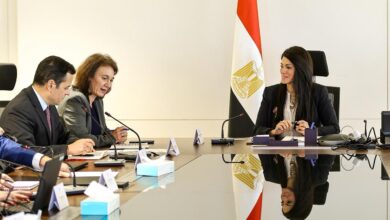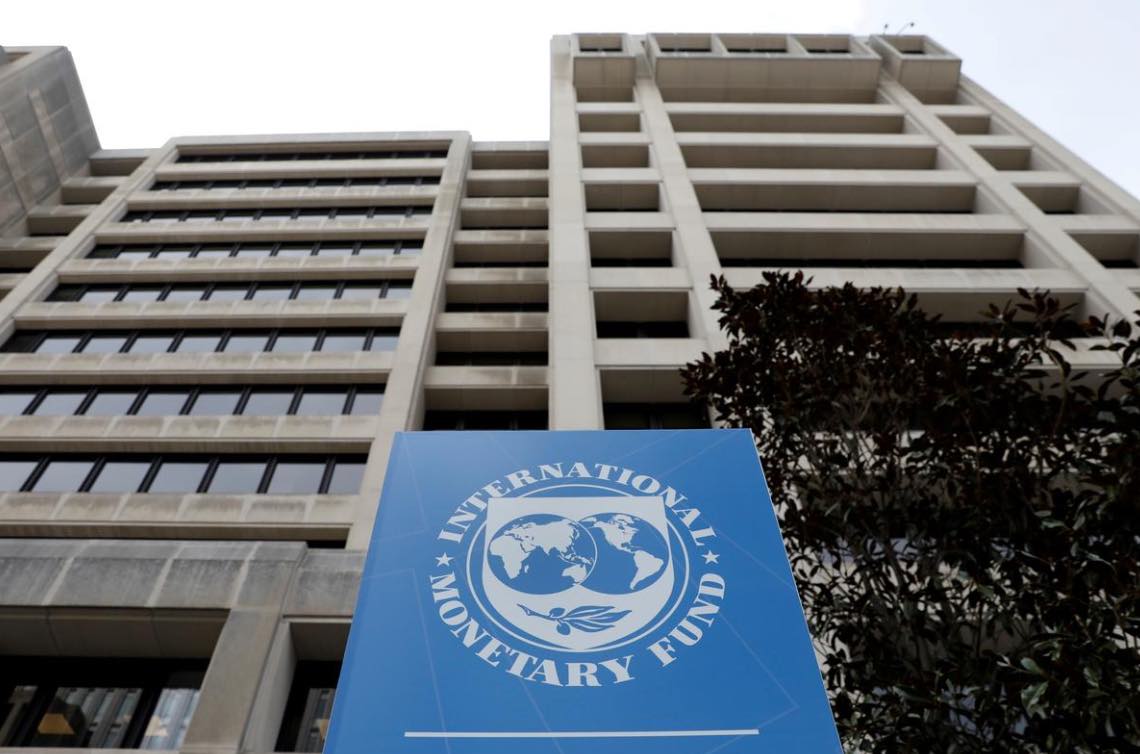Egypt's finance minister-designate told Reuters on Tuesday that the government was committed to a market economy and to creating an environment in which investors could predict the future "reasonably well".
Hazem el-Beblawi, who has yet to take the oath of office, said he did not rule out the possibility of borrowing from the International Monetary Fund, after his predecessor negotiated a US$3 billion loan package that Cairo later turned down.
He also said in the telephone interview that his message to investors was that Egypt's difficulties were temporary.
"For someone who has a long-term view, this is the time to come and to act on the future because of course anyone who comes now will find much better terms than he can later," said Beblawi, who is also a deputy to the prime minister.
Egypt's economy has been hammered by a popular uprising that turfed out Hosni Mubarak, driving investors away, sending tourists packing and leading to an expanding budget deficit.
Protesters, who have demanded sweeping political change, have also sought an end to a system they said filled the pockets of a rich elite allied to Mubarak's government at the expense of the poor. Some investors have feared that the call for spreading wealth could lead to a retreat from liberalisation policies.
"We are committed to the market economy. There is no doubt that whatever the abuses or distortions that happened in the past they were not simply due to adoption of a market economy but to abuse or corruption," Beblawi said.
"For the investor environment, we will honor all our obligations and commitments … We are very committed to the notion of stability and creating an environment where anyone can predict reasonably well the future. We would like to reduce as much possible uncertainty," he said.
Shrinking revenues due to the turmoil and rising demands on spending have driven up the budget deficit. The initial forecast deficit for 2011/12 was 11 percent.
This led the previous minister, Samir Radwan, to turn to the IMF and seek financial support from Gulf Arab states and others.
Radwan said the ruling military council's concerns about taking on debts prompted him to revise the budget — so the forecast 2011/12 deficit was reduced to 8.6 percent — and turn down the IMF package after it was agreed. Economists questioned both the budget assumptions and the decision to reject the loan.
Asked if he would return to the IMF, Beblawi said he did "not rule out any possibility".
"It is too early to judge now. I don't exclude anything. If a possibility is available it would be unfair to say that I will limit myself to one option or two options, but every option should be assessed quite carefully," he said.
Economists say the ruling army council, which vetoed the previous minister's bid to borrow from the IMF, could again block any renewed attempt to return to the Fund.
Asked about any foreign borrowing, he said: "I can tell you my position in principle, I don't see borrowing as good or bad. In fact, in many cases, it is necessary but the whole thing depends on circumstances that the borrowing takes place, the terms of the borrowing and more importantly the use."
Beblawi said it was too early for him to outline forecasts for growth or other indicators. But he said the economy could start showing signs of a pick-up from early 2012 as the country emerged from parliamentary and presidential elections, and also built up new democratic institutions.
"I can see the economy will pick up gradually. I hope starting next year it will start picking up and later on it could grow even quite fast," he said, suggesting this could start happening from early 2012.
"I don't have details, but I can see that there are signs that there is very good potential for this country. But this is not to underestimate the immediate difficulties we are going through."




